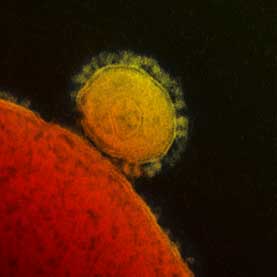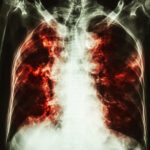There have been several recent articles concerning the potential of MERS corona-virus spreading globally from Saudi Arabia. Among the challenges confronting the World Health Organization (WHO) concerns mass religious gatherings that will bring approximately three million pilgrims to Mecca from the 13th to 18th of October for the Hajj, on the heels of Umra, which started on the 9th of July and will finish on the 7th of August, and is expected to draw as many as two million visitors.
WHO decision makers will be under pressure to deal with the Hajj population returning to their home countries. To date, there have been over ninety cases reported of MERS, with a mortality rate of almost 50%, and we are a week away from the end of Umra, which means there have potentially been 1.5 million pilgrims who have come and gone over the last month. Onset of MERS is asymptomatic and this makes it difficult to spot early. Unlike what we saw during the SARS epidemic, in which 800 died worldwide (a large fraction in Canada), there does not seem to be any protocol or guidance on how to deal symptomatic travelers as they enter this country.
 The only serious guidance we could see was for travelers to be careful and report any respiratory infections to local medical facilities. A deep research project on this issue was conducted by Dr. Kamran Khan, and shows the potential of disease to be spread through air travel, the result of which showed hundreds of thousands of visitors are originating from the Middle East into major US cities between the months of June and November. To us, it seems that there is a significant difference between how international travel was being screened during the early stages of SARS and where we are today with MERS.
The only serious guidance we could see was for travelers to be careful and report any respiratory infections to local medical facilities. A deep research project on this issue was conducted by Dr. Kamran Khan, and shows the potential of disease to be spread through air travel, the result of which showed hundreds of thousands of visitors are originating from the Middle East into major US cities between the months of June and November. To us, it seems that there is a significant difference between how international travel was being screened during the early stages of SARS and where we are today with MERS.





0 Comments